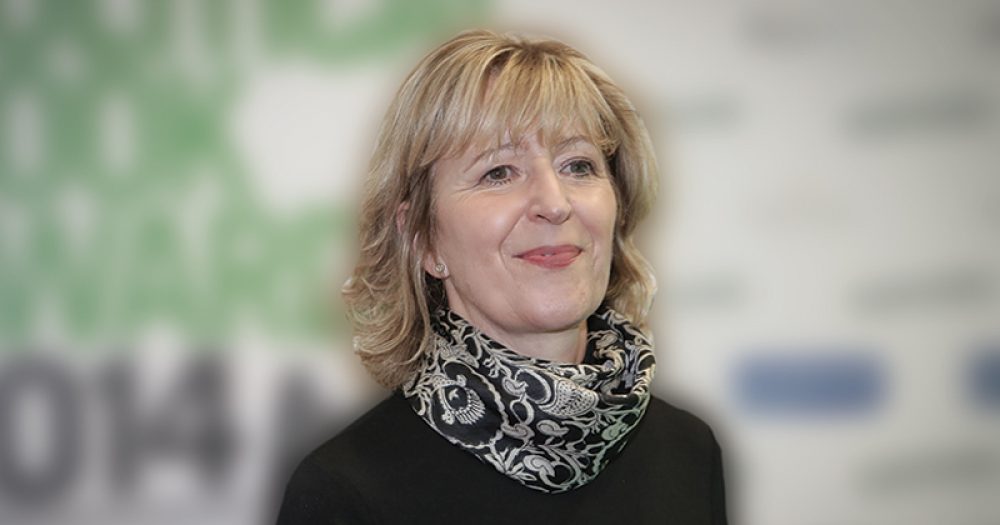A fundraising bid by a group of academics, authors and child psychologists will seek to challenge the government’s plans to open new grammar schools if the Conservatives win the general election.
Theresa May wants to remove the ban on new selective institutions, and Justine Greening, the education secretary, announced at the weekend that she will build a system that gives “every child” a chance to attend a grammar school.
However, many education leaders remain opposed to the proposals, and the campaign group Comprehensive Future has now launched a fund-raising bid so it can fight the government over the proposals.
More selective schools mean unnecessary anxiety for parents, young people and teachers
The organisation, led by the writer and campaigner Melissa Benn, wants to raise £10,000 to fund lobbying of politicians and work to raise awareness of the problems with selective education. It is asking for donations via a crowdfunding website, and says it will work with schools, councils and communities which want to avoid selection.
Benn questioned the government’s commitment to expanding selective education, “despite clear evidence that grammar schools educate few children from poorer backgrounds, damage other local schools, and subject thousands of children to stressful, life-defining, tests when they are only 10”.
“We are appealing for funds to raise public and political awareness about what exactly the government’s proposals will mean for the nation’s schools and families,” she said.
Other supporters of the campaign include Becky Francis, director of the UCL Institute of Education, the University of Oxford’s Danny Dorling and Brian Apter, chair of the Division of Educational and Child Psychology at the British Psychological Society.
Authors Michael Morpurgo, Stella Duffy and Michael Rosen are also on board.

Morpurgo, who failed the 11-plus, said the test “creates many more failures than successes”, and had “set back the self-esteem and prospects of millions of us and many have not recovered from it”.
Duffy said selective schooling “deliberately sets out to deny the best education to some children, privileging others”.
It comes after Justine Greening defended the government’s plans during a meeting in her constituency.
According to the Sunday Express, Greening told the meeting in Putney, south London, that the government is drawing up proposals to ensure that every child, “including those from the most disadvantaged backgrounds”, will have the chance to attend a grammar school.
“We know that today for disadvantaged children who are getting into grammars their rate of progress speeds up so much that they close the attainment gap on their better-off counterparts.”
Greening said grammar schools do a “fantastic job” of turbocharging social mobility for children, and promised grammars would “not come at the cost” of poorer education outside the grammar system.








I think every child, whatever their talents, should be entitled to a good education in their local school. That local school should be adequately funded to provide this. Schools in areas with high levels of special needs and disadvantaged should get additional funding.
So a group of individuals want to spend thousands of pounds lobbying politicians to get them to vote in the way that the group wants them to.
If anyone else was doing this (for example companies lobbying MPs to privatise schools) these pages would be inundated with outraged comments.
It’s funny how when people are lobbying for things that one agrees with it’s suddenly not so bad.
I don’t have a problem with any special interest group raising money so that they can publicise their point of view and try and explain why they’re right (but of course this also means I don’t have a problem with their opponents doing it to), but I believe any and all paid lobbying of MPs is wrong.